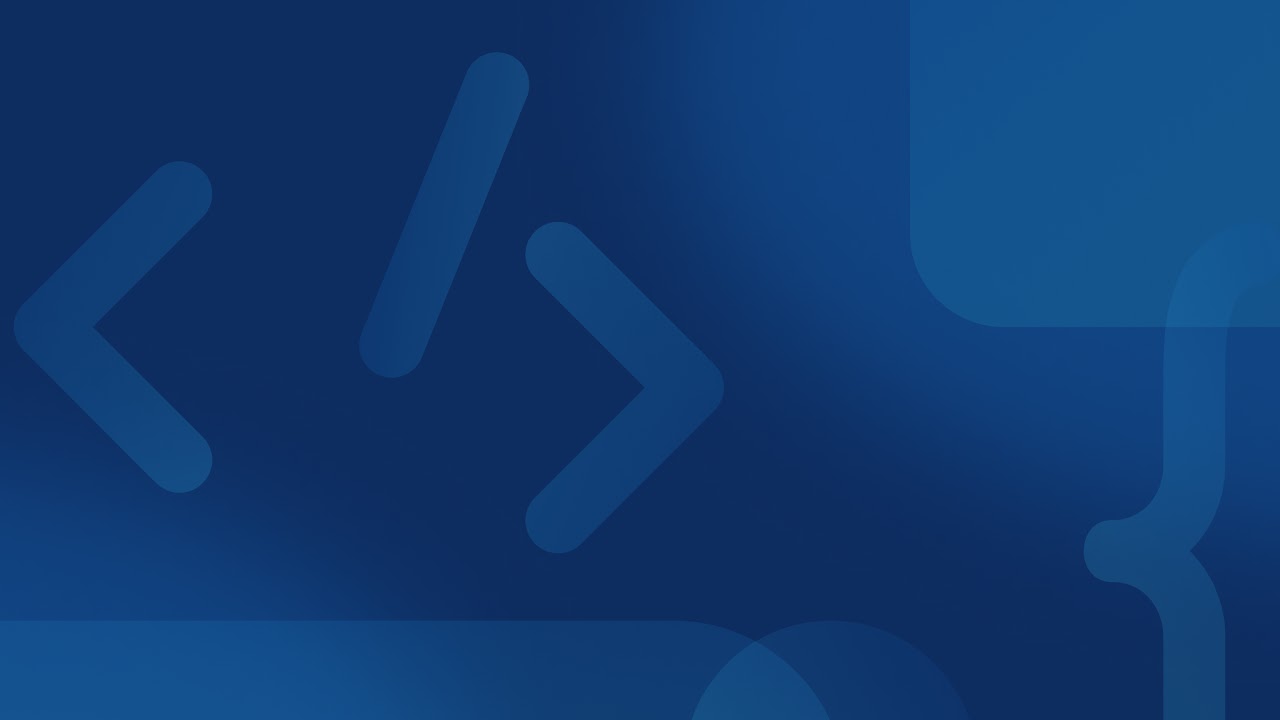In episode 6 of “S Code Live - Let it Cook,” Nicholas Zakas discusses how AI has evolved into a powerful collaborator in software development, enhancing productivity by handling routine tasks while emphasizing the importance of critical oversight and ethical considerations. He highlights practical strategies for integrating AI into workflows, the need for continuous learning, and envisions a future where AI supports various aspects of development without replacing human creativity and problem-solving.
In the sixth episode of “S Code Live - Let it Cook,” titled “AI-Assisted Coding Strategies,” Nicholas Zakas delves into the transformative impact of artificial intelligence on software development. He begins by highlighting how AI tools have evolved from simple code completion assistants to sophisticated partners capable of understanding context, suggesting complex algorithms, and even debugging code. Nicholas emphasizes that these advancements are not about replacing developers but augmenting their capabilities, allowing them to focus more on creative problem-solving rather than repetitive tasks.
Nicholas then explores practical strategies for integrating AI into daily coding workflows. He advises developers to use AI as a collaborative tool—starting with generating boilerplate code or initial drafts, which can then be refined manually. This approach accelerates development time and reduces the cognitive load associated with routine coding tasks. He also stresses the importance of maintaining a critical eye, as AI-generated code may not always align perfectly with project requirements or best practices, necessitating thorough review and testing.
The episode further discusses the ethical considerations and potential pitfalls of relying heavily on AI in coding. Nicholas warns about the risks of over-dependence, such as diminished problem-solving skills and the propagation of biases present in training data. He advocates for continuous learning and staying updated with foundational programming knowledge to ensure developers can effectively oversee and guide AI assistance. Additionally, he touches on data privacy concerns, urging teams to be cautious when sharing proprietary code with AI platforms.
Nicholas also shares insights into how AI can enhance collaboration within development teams. By generating clear documentation, suggesting code improvements, and facilitating code reviews, AI tools can streamline communication and reduce misunderstandings. He encourages teams to establish guidelines for AI usage to maintain code quality and consistency across projects. This structured approach helps in harnessing AI’s benefits while mitigating risks associated with inconsistent or erroneous code contributions.
Concluding the episode, Nicholas reflects on the future of AI in software development, expressing optimism about its potential to revolutionize the industry. He envisions a landscape where AI not only assists in coding but also aids in project management, testing, and deployment, creating a more efficient and innovative development environment. However, he reiterates the necessity for developers to adapt continuously, embracing AI as a powerful ally while preserving the human creativity and critical thinking that drive technological progress.
